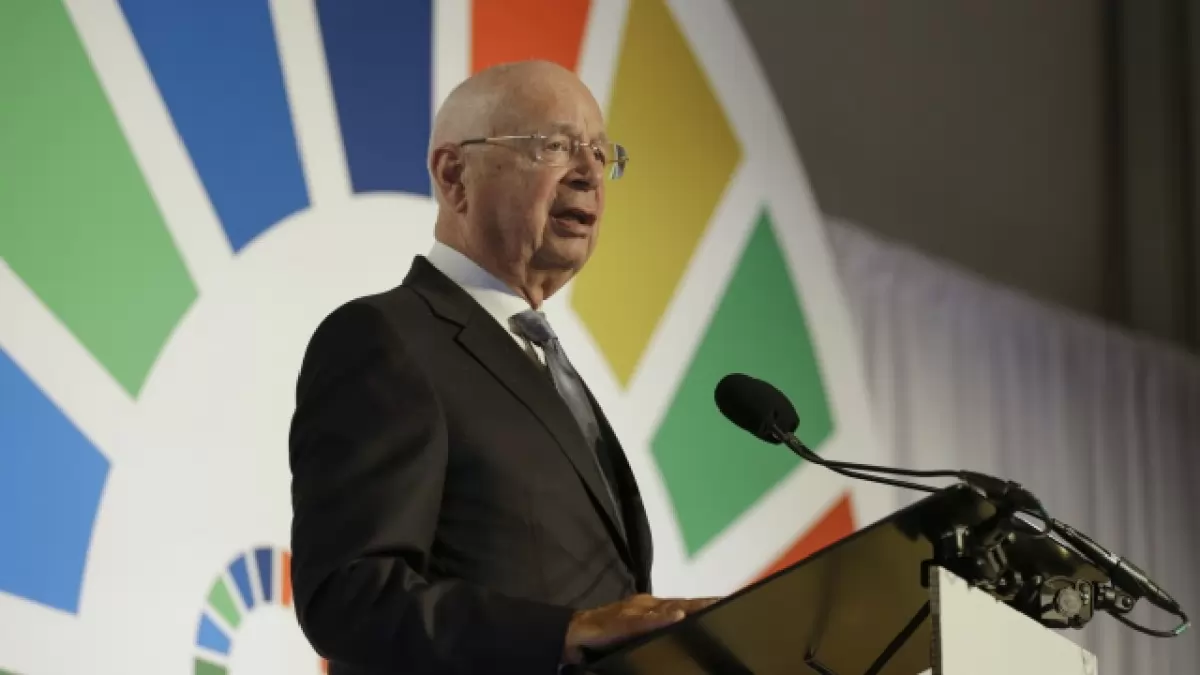
Flickr (File)
Davos 2024: The global elite have converged in Davos for the World Economic Forum (WEF) summit, taking place against an exceptionally complex backdrop. The theme for this year's summit is 'rebuilding trust,' with a spotlight on the escalating fractures in the world. This year the WEF has on its plate some of the most complex geopolitical tensions that will certainly require global cooperation to find amicable solutions that remain sustainable.
From January 15 to 19, global leaders will engage in discussions revolving around geopolitical tensions, the ascent of Artificial Intelligence, the persistent economic slowdown and the climate emergency. President Borge Brende anticipates a significant focus on high-level diplomatic talks concerning the conflicts in Ukraine and West Asia.
"We will bring together the right people to see how we can solve this very challenging world," Brende asserted.
The annual meeting serves as a window into the minds of global leaders, influencing the social, political and economic trajectories of their nations. However, criticism continues to surround the Davos summit, often described as an 'elite' talking shop detached from the harsh realities outside its confines.
The event's 'by invitation only' nature raises eyebrows, where World Economic Forum members enjoy free attendance, while corporate membership costs range from $69,000 to $600,000. Estimates suggest a cost exceeding $300,000 for travel and stay during the week, limiting access for the general public.
Visuals of attendees, who frequently advocate for climate change and sustainability, the event's guest who flew in private jets to attend the meeting have faced criticism. It definitely appears hypocritical when you advocate for measures to adopt to fight climate change yet you travel in private jets leaving behind huge carbon footprints. Even last year, Greenpeace activists condemned participants for a "distasteful master class in hypocrisy."
For over a decade, each Davos meeting prompts the question of its relevance as the world grapples with increasing uncertainties. The war in Ukraine has dominated recent forums, yet substantive changes have been elusive.
Against the backdrop of the COVID-19 pandemic, economic slowdown and soaring inflation, corporate profits have soared to record levels. Paradoxically, over 500 million people have plunged into extreme poverty during the same period.
Klaus Schwab, the WEF's founder, has championed globalisation, attributing it to lifting over a billion people out of poverty. However, he acknowledged the current inadequacy of globalisation in its present form.
Data indicates a gradual decline in 'neoliberal' globalisation, similar to the WEF's associations. Global trade, as a percentage of the world's Gross Domestic Product, mirrors levels seen during the 2008 financial crisis.
WEF organisers highlight the attendance of key leaders from the 'Global South,' encompassing developing countries. India, aspiring to lead the 'Global South,' aims to make a significant impact at Davos, with several states pitching themselves as investment destinations. The African continent also seeks expanded collaboration with the developed world.
This year's theme, 'rebuilding trust,' mirrors the evolving dynamics of a world where geopolitics increasingly dictates trade and economics. As terms like ‘de-globalisation,’ trade fragmentation and ‘nearshoring’ become a reality, the world awaits to see how the World Economic Forum adapts to these changes over the next five days.





Copyright © 2026 Top Indian News
